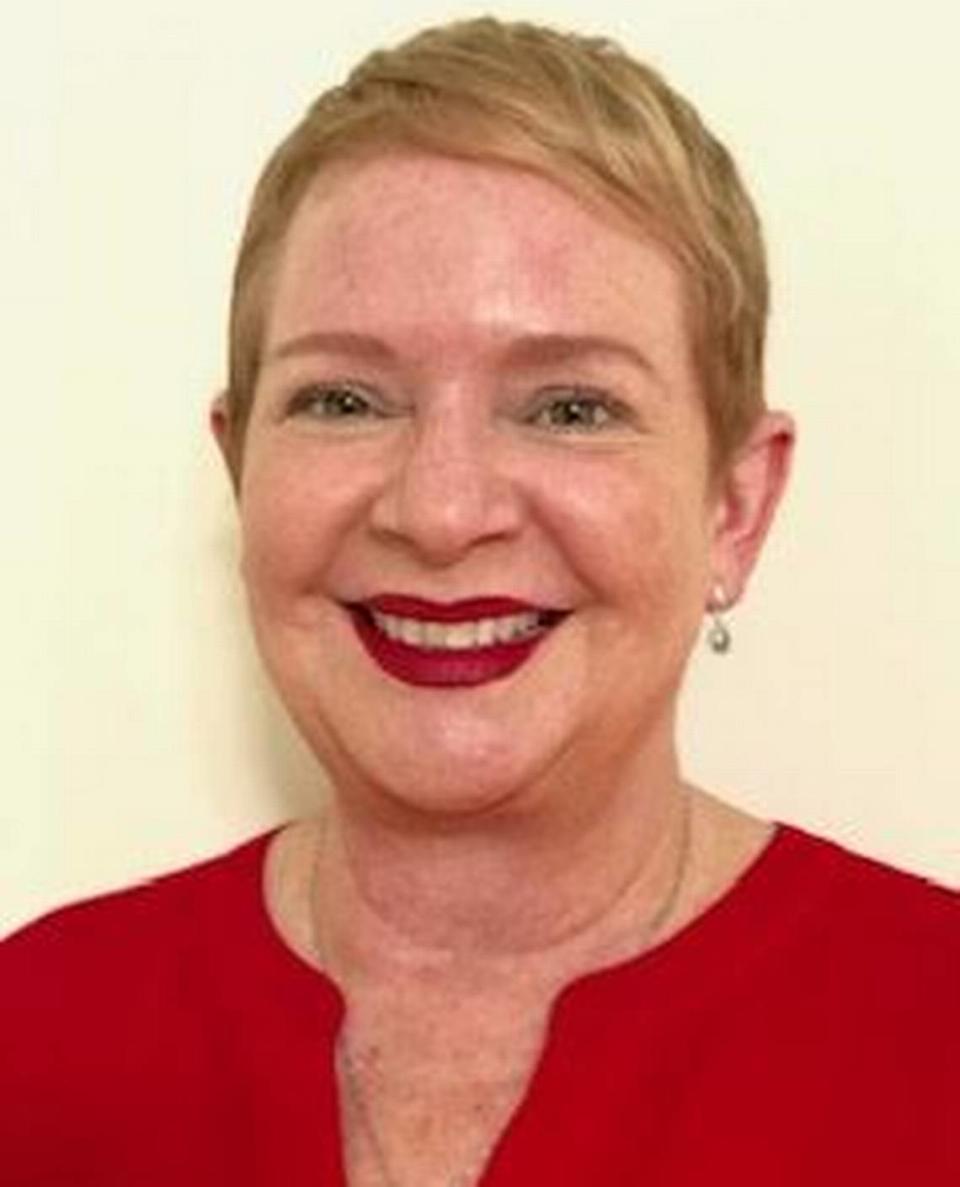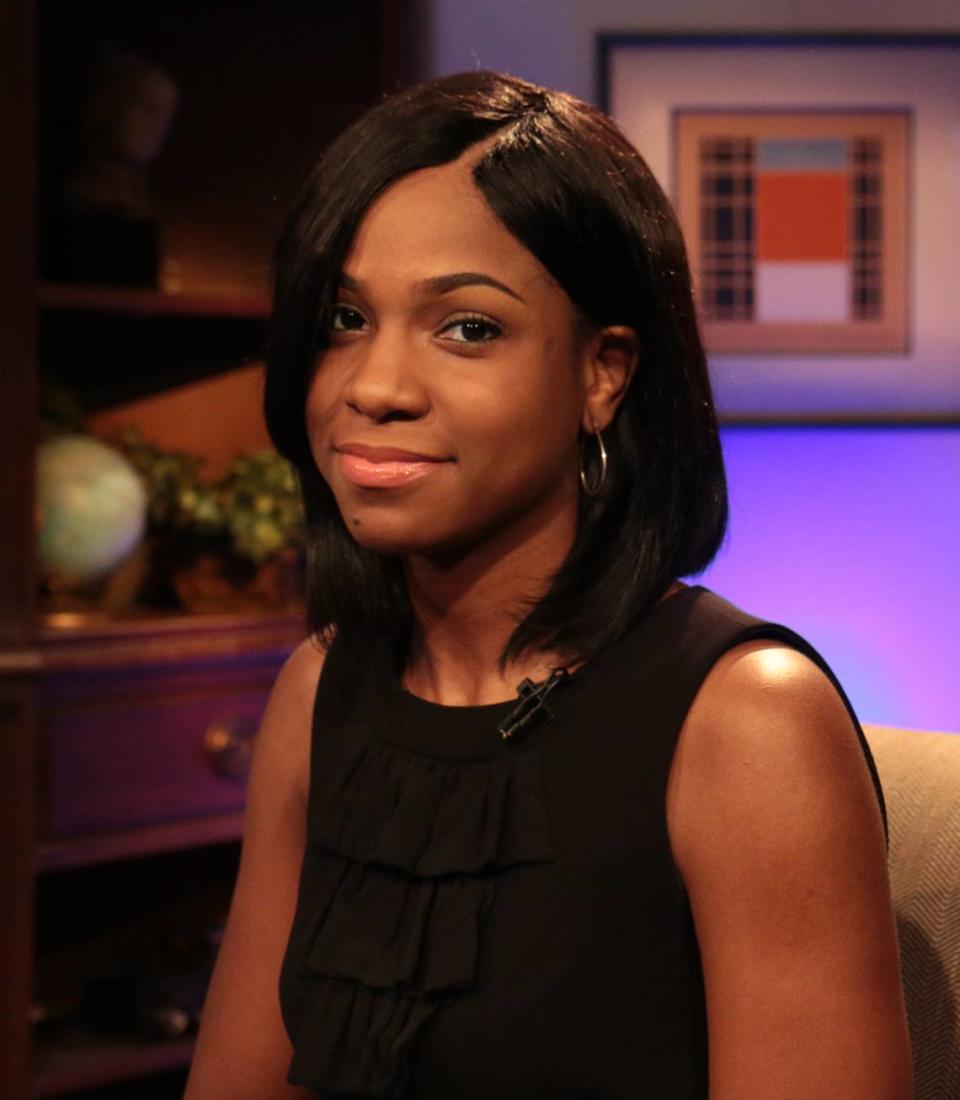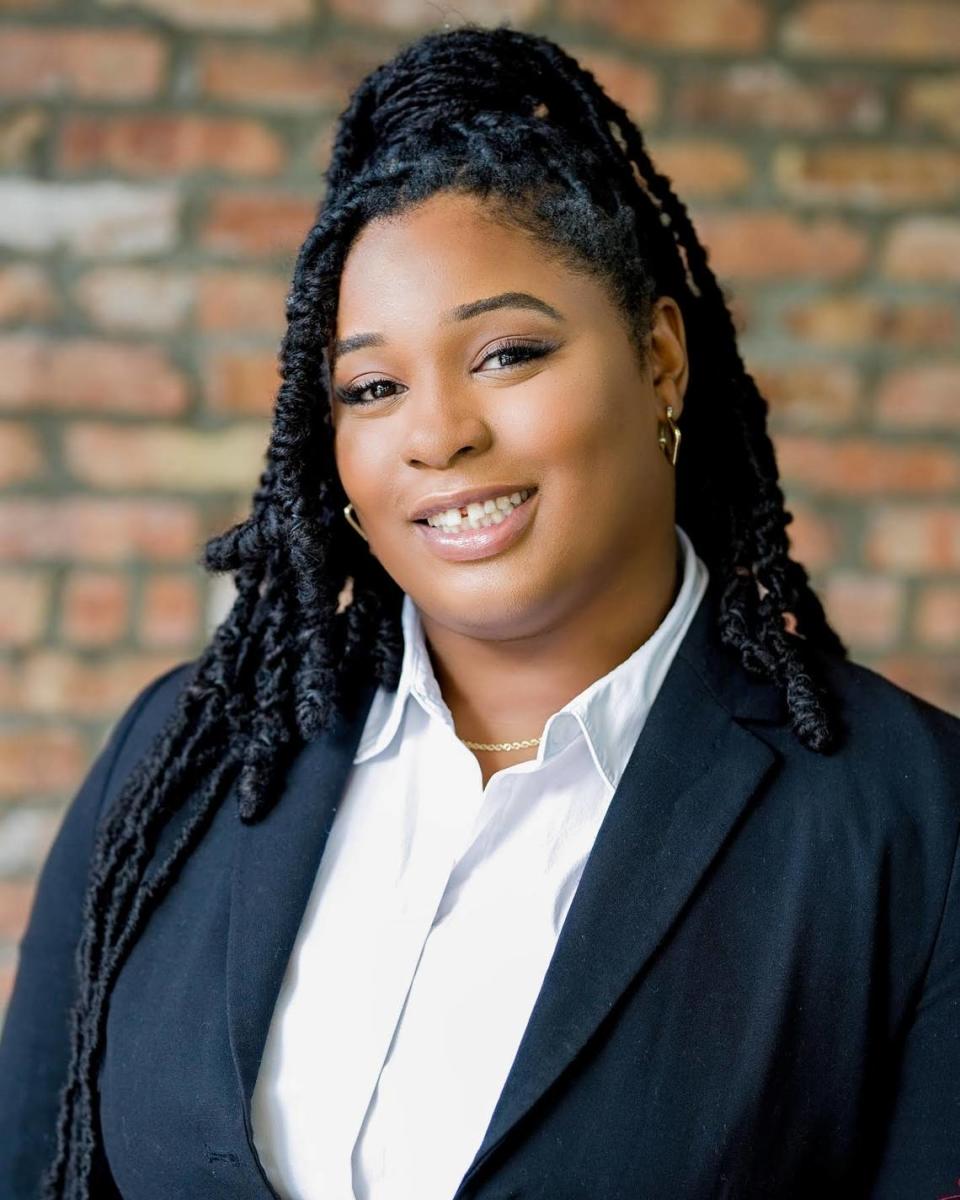With gun violence — and its trauma — on the rise, we must put victims first | Opinion
We share the sad distinction of having our lives changed forever by notorious acts of gun violence. Mass shootings, like those at Pulse Nightclub and Marjory Stoneman Douglas High School, are on the rise; so, too, are “everyday” gun tragedies, which have ballooned to become the leading cause of death among America’s children.
We no longer can ignore the needs of those most harmed by this epidemic. By prioritizing gun-violence survivors and victims’ families, especially those from under-resourced communities, we can begin to heal our nation.
What is the experience of most gun-violence victims — after the news vans leave or, as is likely the case, national media never show up? The world moves on, while survivors too often cannot. A recent Everytown study underscores how common it is for gun-violence survivors to suffer without adequate support: A shocking one in three lives in daily fear.
Many shooting survivors face long-term physical and financial damage, as well as debilitating post-traumatic stress. Beyond immediate medical care, victims and our families need a multitude of resources to heal — resources that should be universally available and actively offered.
A national survey of crime survivors by the Alliance for Safety and Justice, however, shows most of us never received essential support. According to the survey, nearly 90% of violent crime victims received no economic assistance, and three-quarters received no mental-health support.
As a nation, we must address the drivers of gun violence and prioritize support for victims and the communities most harmed by violent crime. Solutions already exist that help address these overlapping issues. Trauma-recovery centers and improved victims’ compensation, for example, can interrupt cycles of violence, reduce vulnerability to crime and help victims to heal.
Trauma-recovery centers provide crime victims and their families with immediate care, information and resources. They connect survivors with wrap-around services, from legal aid to counseling to healthcare. They are proving incredibly effective at helping those harmed by violence get back on their feet and back to their lives. While Florida communities suffer more than their share of gun violence, we are still catching up when it comes to providing trauma care for victims. Florida is just now establishing its first network of trauma-recovery centers to serve Miami-Dade and Monroe counties. But communities hard hit by violent crime across the state deserve access to similar services.
Victims’ compensation programs help alleviate the financial burdens that crime victims often face as a result of the violence against them. “Victimization debt” can include skyrocketing medical bills, lost wages and relocation and burial costs. Yet, outdated, bureaucratic policies and lack of information mean a shocking 96% of victims of violent crime nationwide do not get this financial lifeline.
The circumstances that led to our losses meant there was an outpouring of love and support that continues to this day. There was also financial assistance for burials and dealing with myriad unexpected costs. We had the means to get the immediate help we needed to deal with our trauma. Sadly, this makes us the “lucky” exception among gun-violence survivors and families of victims.
Whether or not a shooting captures national headlines, its victims deserve immediate equitable access to services that allow them to heal and recover. The lack of support leaves the needs of millions of Americans unmet and communities trapped in cycles of crime and violence.
By putting crime victims first, funding trauma recovery and continuing to improve victims’ compensation policies, Florida lawmakers can move the state toward healing, justice and prevention now — and help make all our communities safer.
Maria Jose Wright lost her son Jerry in the Pulse Nightclub mass shooting in 2016; Patience Carter survived being shot at Pulse. Mei-Ling Ho Shing survived the 2018 mass shooting at Marjory Stoneman Douglas High School. All are members of Florida Crime Survivors for Safety and Justice.




